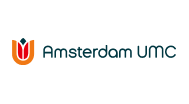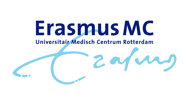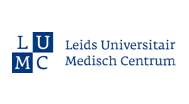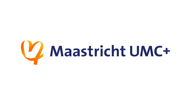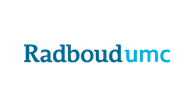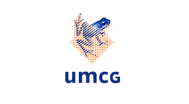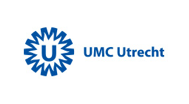Research infrastucture
Every umc offers an excellent scientific environment by integrating patient healthcare, research and education. The Netherlands is among the best in the world when it comes to biomedical science. To ensure high-quality science and to maintain its leading position, an efficient and cohesive research infrastructure is essential. That is the aim that the NFU is actively working towards.
The umcs work closely together to realise a high-quality research infrastructure. This is needed to be able to conduct sound research along the lines of the NFU research themes of prevention, personalised health & medicine (customised health) and regenerative medicine. A smoothly running data infrastructure is essential to be able to help patients with the research results as soon as possible. The major challenges they are facing:
-
The actual availability and use/reuse of data, including bodily and imaging material, for example, for artificial intelligence applications.
-
The data integration (combining different types of data) must proceed smoothly and safely, including genetic information and data about lifestyle.
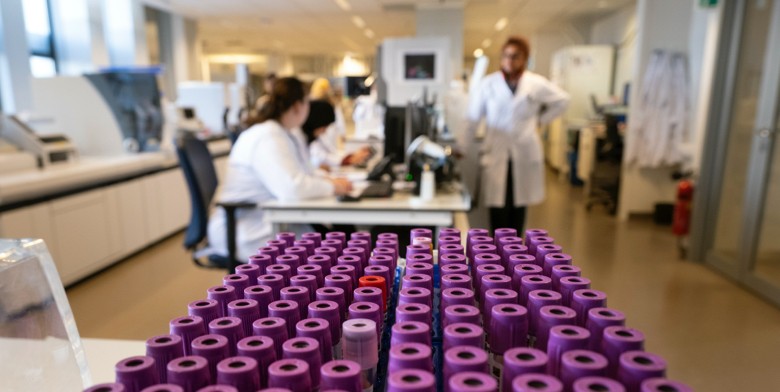
Data4lifesciences
In 2015 the NFU program Data4lifesciences (D4LS) was launched. In this program the umcs are collaborating on an infrastructure for recording, processing, analysing, archiving and sharing research data. An extensive data expertise network was also established. Since 2020 this partnership has been part of the national research infrastructure Health-RI (Health Research Infrastructure).
Parelsnoer
All umcs have also been working together since 2007 in Parelsnoer [pearl necklace] on setting up, expanding and optimising clinical biobanks for scientific research purposes. By collecting and storing clinical data, images and bodily material samples of patients with the same disease in an uniform way, large cohorts are formed, called ‘Parels’ [pearls]. This enables a broader scope for scientific research. Since 2020 this partnership is being continued under Health-RI.
What is Health-RI?
Health-RI
Health-RI is thus a bundling and harmonisation of infrastructure initiatives. This also includes those of the Dutch hubs in the European infrastructures: BBMRI-NL (biobanks with samples, images and data), ELIXIR-NL (making life sciences research data accessible and exchangeable) and EATRIS-NL (for the benefit of translational research). With Health-RI the umcs want to facilitate and stimulate making the optimal use of health data, images and samples possible. This aligns well with the Open Science ambitions.
Health-RI will form a ‘one-stop shop’ for researchers in the life sciences & health domain. They can receive support with data management and ethical and legal aspects concerning data and the conduct of research (including translational). A practical example of this is the ELSI Service desk.
The aim is to create an integrated data infrastructure that is not only easily accessible for researchers, but ultimately also for caregivers and citizens.


